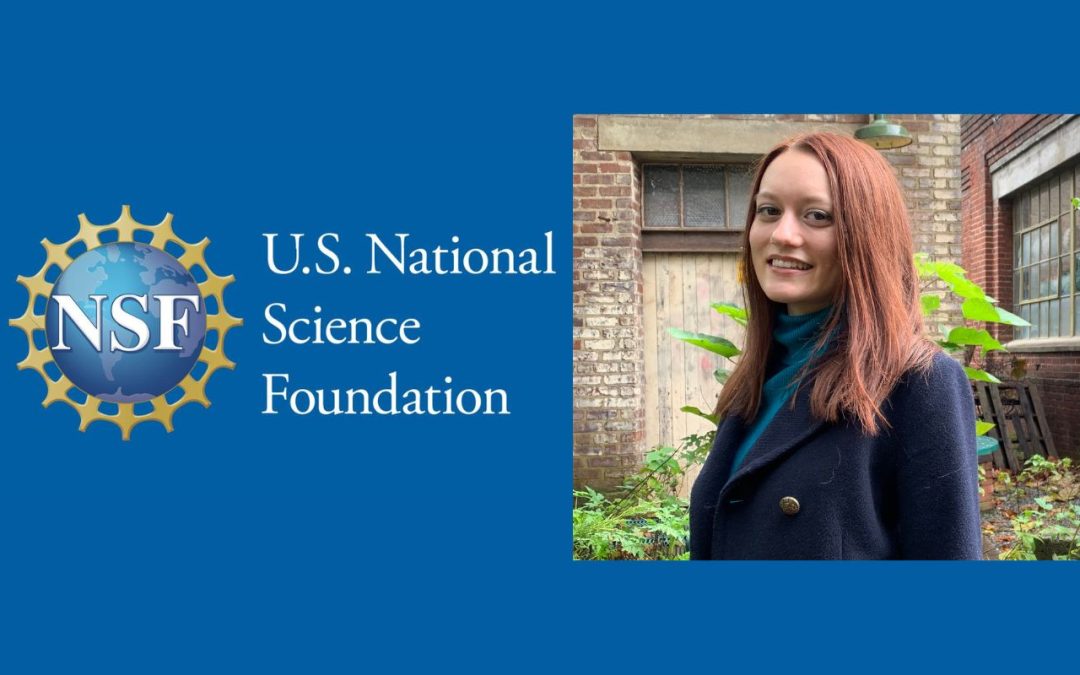Bioengineering graduate student, Corrine Smith, a member of Prof. Amy Rowat’s lab was recently awarded the NSF-GRFP fellowship. The National Science Foundation Graduate Research Fellowship Program (NSF-GRFP) is a fellowship awarded to graduate students pursuing research-based master’s or doctoral degrees in science, technology, engineering, and mathematics (STEM) fields. The five-year fellowship provides three years of financial support inclusive of an annual stipend of $37,000. Selection is based on applicants’ demonstrated potential for significant research achievements and broader impacts on society, as well as their academic record and proposed research plan. Below is a brief description of Corrine’s project which will the fellowship will be assisting in furthering her research progress.
Research project description:
Meat is a cornerstone of the global food system due to its nutritional value, taste, and cultural significance. However, rising meat production demands, climate change, pandemics and other extreme events place heavy strains on traditional supply chains and threaten access to nutritious food. In order to create a robust, environmentally sustainable food system, animal protein production methods must be diversified. Cultured meat, or skeletal muscle tissue grown in vitro, has potential as an alternative protein source that can contribute to food system resilience and environmental sustainability. However, muscle tissue biomanufacturing for large scale cultured meat production is not economically feasible using current technologies due to slow cell growth and high cell media costs. Muscle stem cell expansion, differentiation, and media utilization are determined by cell metabolism, which can be altered by tuning the mechanical and biochemical cues in the cell’s environment. However, there is a gap in knowledge of the metabolic requirements of mammalian muscle stem cells for the design of scalable cell culture platforms. My project in focused on using mechanically tunable edible scaffolds and small molecules to engineer the culture environment of edible muscle stem cells to accelerate in vitro muscle growth and differentiation. Additionally, I am characterizing the growth and differentiation metabolism of muscle stem cells in different edible cell lines towards maximizing cultured meat production efficiency.
Rowat lab overview:
The Rowat lab investigates the molecular mechanisms underlying cellular mechanobiology and translates our understanding of cell mechanical behaviors towards developing technologies for disease therapy, regenerative medicine, and biomanufacturing. The lab has developed high-throughput approaches for studying cellular mechanobiology; we are applying these approaches to map the cellular mechanome and to identify mechanisms of tumor growth and metastasis. Another major focus of the Rowat lab is to apply knowledge of cellular mechanobiology to increase the efficiency of cultured meat production.

